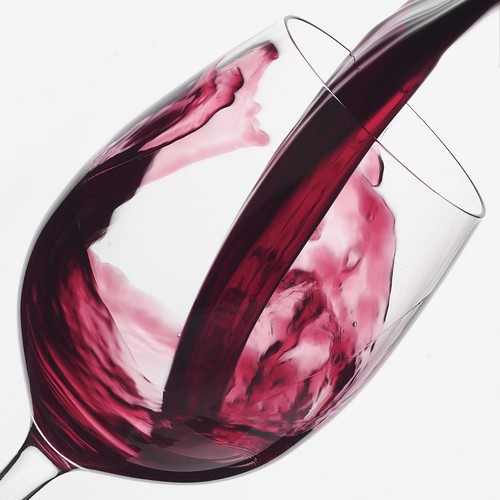
Fountain of youth? Red wine gives up secrets
A compound in red wine may ward off a variety of medical conditions related to aging, providing heart benefits, stronger bones and preventing eye cataracts, researchers said on Thursday.
The study, involving mice fed a diet supplemented with resveratrol starting in their equivalent of middle age, is the latest to raise hope that the compound or drugs based on it may improve the health of people.
Most of mice given resveratrol did not live longer than other mice but were far more healthy in several important measures, according to the study published in the journal Cell Metabolism.
"The good news is we can increase health. I think that's more important than increasing life span," David Sinclair of Harvard Medical School, who led the study along with Rafael de Cabo of the U.S. government's National Institute on Aging, said in a telephone interview.
The mice in the study that were fed a high-calorie diet supplemented with resveratrol outlived those getting a high-calorie diet without the compound, the researchers said.
"Resveratrol wiped out the negative effect of the high fat," de Cabo said in a telephone interview.
Resveratrol, found in abundance in grapes and in red wine, has drawn a lot of interest from scientists and some companies, including GlaxoSmithKline, which this year paid $720 million to buy Sirtris Pharmaceuticals Inc, a company developing drugs that mimic the effects of resveratrol.
more.........

A key compound in red wine known as resveratrol appears to protect against many of the health ravages associated with growing old, new animal research reveals.
"It's very hard to extrapolate from this finding to comment on the benefits of red wine directly, because red wine has many other compounds besides resveratrol, including ethanol, which have very active biological effects," noted study author Rafael de Cabo, unit chief of the laboratory of experimental gerontology at the National Institute on Aging in Baltimore.
"But red wine is a good source of resveratrol," he added. "And, in this mouse study, we have shown that this particular compound has very strong positive effects on preventing cardiovascular disease, reducing heart inflammation, keeping bone health in terms of structure and function, and maintaining loco-motor and balance activity. So, if these effects translate into humans, it will have a very good impact on the standard of human health."
De Cabo conducted the research with David A. Sinclair, of Harvard Medical School. Their team is publishing its findings in the July 3 online issue ofCell Metabolism.
Daily consumption of the compound -- also found in the skin of grapes and the crust of peanuts and walnuts -- broadly improved the long-term quality of life of middle-aged mice, although most mice did not end up living longer.
Nevertheless, the age-defying health benefits of resveratrol closely mimicked those previously associated with rigorous calorie-restricted diets -- raising hopes for simpler and easier means by which to help fight off age-related decline.
The authors noted that prior research has touted the healthy benefits associated with daily caloric restriction of between 30 percent and 50 percent below average, as well as with fasting every other day. Such diets have been linked to a reduction in the risk for age-associated disease and stress, alongside a slowing of age-related functional decline.

No comments:
Post a Comment